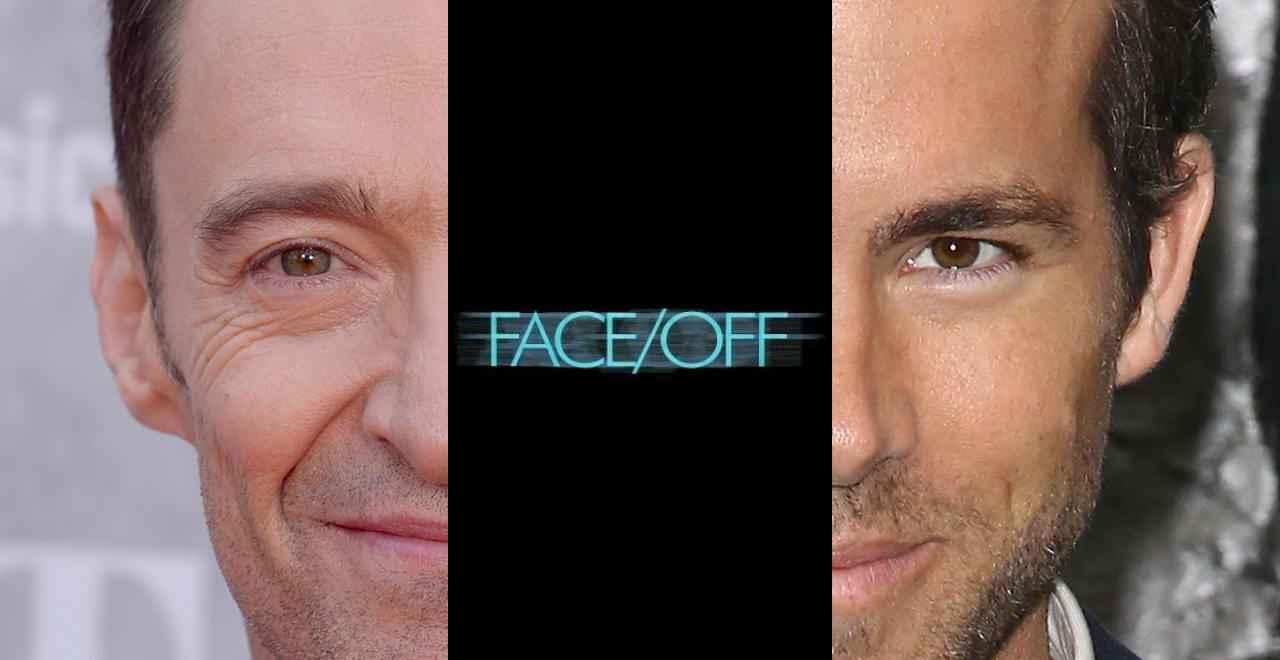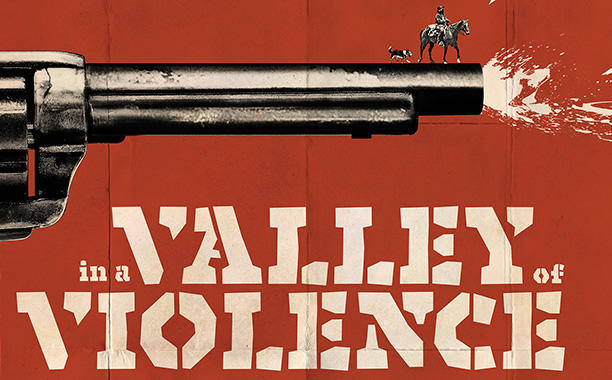Cash Out aspires to weave an intricate tapestry of action, romance, and high-stakes heist drama. Directed by Ives and scripted by Dipo Oseni alongside Doug Richardson, the film pitches itself into the adrenaline-pumping arena of bank heists, double-crosses, and star-crossed lovers. With a cast led by the charismatic John Travolta, alongside Kristin Davis, Lukas Haas, and Quavo, expectations could be understandably high. However, Cash Out struggles to balance its ambitious plot with the coherence and depth required to make its narrative compelling, resulting in a movie that ultimately feels underwhelming.
At its heart, Cash Out is the story of Mason Goddard (John Travolta), a criminal mastermind facing the ultimate betrayal. When his lover and integral crew member, Amelia Deckard (Kristin Davis), reveals herself as an undercover Interpol agent, Mason’s world crumbles. Fast forward, and Mason’s attempt at a crime-free life is thwarted when his younger brother, Shawn (Lukas Haas), ineptly tries to pull off a grandiose bank heist. Mason’s love for his brother propels him back into the fray, pitting him against Interpol and a plethora of SWAT teams in a fight for his brother’s safety, the heist’s success, and potentially, a second chance with Deckard.
The premise promises a compelling mix of action and emotional stakes, buoyed by the intrigue of a heist narrative. Yet, the execution falters in several key areas. The character development, or lack thereof, stands as the film’s most glaring shortfall. John Travolta’s Mason, while offering glimmers of the actor’s capacity for depth and complexity, ultimately feels like a caricature of past roles he has played better. Kristin Davis’s Amelia Deckard is presented as a woman torn between duty and love. The script provides her with little opportunity to explore this internal conflict in any meaningful way. As a result, the purported emotional core of the film, the relationship between Mason and Deckard, feels hollow and unconvincing.
Lukas Haas delivers a performance that somewhat redeems the narrative, providing moments of genuine pathos as the overreaching, underprepared Shawn. Quavo’s Anton is another bright spot, injecting charisma and a much-needed freshness into the film. However, even these performances cannot entirely salvage the lackluster script, which juggles too many themes without fully developing any. The plot tries to navigate the complexities of love, betrayal, familial loyalty, and redemption but ends up delivering a superficial exploration of each.
The action sequences, which should be the film’s crowning glory, are unfortunately hit-or-miss. Some scenes are genuinely thrilling, showcasing a level of inventiveness and technical prowess that momentarily elevates the movie. Yet, these moments are interspersed with sequences that feel derivative and, at times, implausible. The final act, involving the anticipated bank heist and subsequent confrontations, seems particularly rushed and chaotic, sacrificing coherence and plausibility for spectacle.
Cash Out also struggles with pacing. The early stages of the film are mired in exposition, attempting to lay the groundwork for the twists and betrayals that follow. This approach, while understandable, makes for a sluggish start from which the film never fully recovers. By the time the narrative picks up momentum, the emotional engagement has waned, leaving viewers less invested in the outcome.
Furthermore, the film’s attempt at a nuanced portrayal of law enforcement and criminal underworld dynamics feels dated and oversimplified. The depiction of Interpol and various law enforcement agencies is cartoonishly villainous at times, detracting from the film’s attempt at moral complexity. Similarly, the portrayal of the criminal elements veers into stereotypical territory, missing an opportunity to provide a more layered and insightful commentary on crime and redemption.
Visually, the film fares slightly better. The cinematography, helmed by Alejandro Lalinde, captures the sleek, shadowy world of high-stakes crime with a certain flair. The use of lighting and color creates moments of visual interest that momentarily distract from the narrative’s shortcomings. The film’s score and soundtrack, while not particularly memorable, effectively underscore the tension and emotional beats.
Cash Out is a film that promises much but delivers little. Despite a capable cast and a premise brimming with potential, the film is bogged down by poor character development, a lackluster script, and uneven pacing. The action sequences and visual style offer fleeting moments of entertainment, but they are not enough to compensate for the overall lack of substance and coherence. Cash Out ultimately serves as a reminder that in both heists and filmmaking, execution is everything. It’s a lesson that, unfortunately, comes too late to save this endeavor from mediocrity.
-
Acting - 4/10
4/10
-
Cinematography/Visual Effects - 6/10
6/10
-
Plot/Screenplay - 3/10
3/10
-
Setting/Theme - 3.5/10
3.5/10
-
Watchability - 3/10
3/10
-
Rewatchability - 2/10
2/10


















